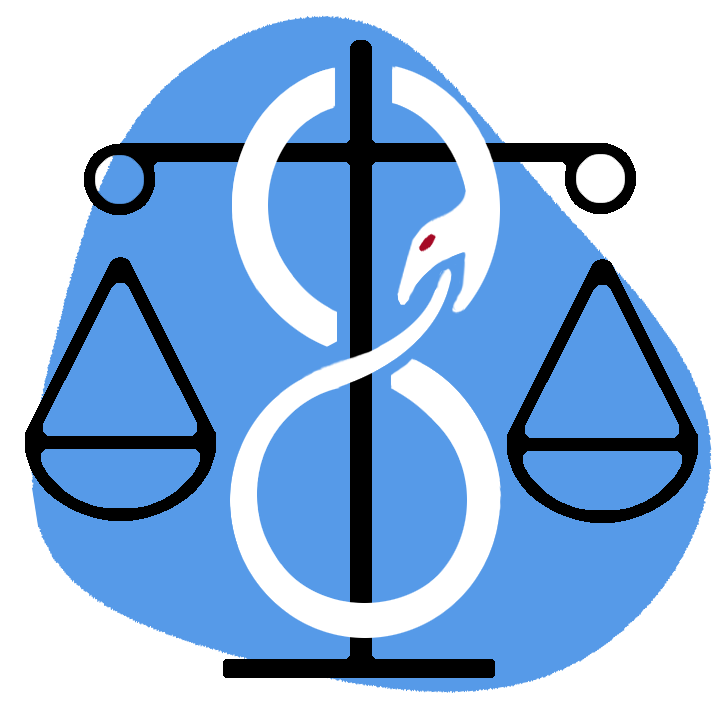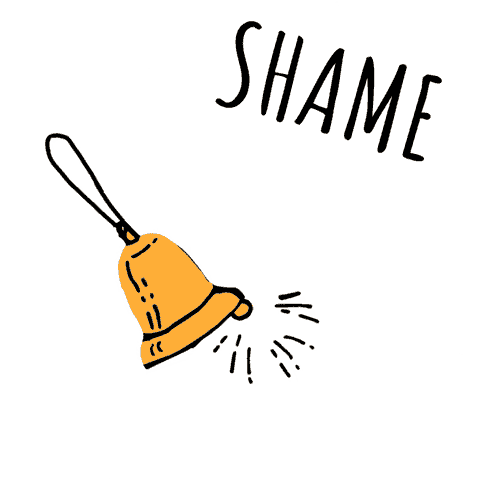Liberty Mutual Stiffs QME - Attorneys Required

Hello California Workers’ Comp Attorneys,
Medical-Legal physicians in this state need your help. Payers like Liberty Mutual have found a way to skirt the Independent Bill Review (IBR) process, forcing Medical-Legal evaluators to turn to the Workers’ Compensation Appeals Board (WCAB) to resolve billing disputes.
In a recent dispute, Liberty Mutual refused to pay a physician for a Medical-Legal evaluation that Liberty Mutual requested to determine compensability for the claim. Why? Because Liberty Mutual stated the claim was non-compensable.
The physician ultimately filed for Independent Bill Review (IBR) to dispute the incorrect denial.
Unfortunately for all QMEs and AMEs, the Division of Workers’ Compensation (DWC) abdicated its role in ensuring justice for California workers’ comp physicians. Contrary to IBR precedent, the DWC declared the dispute ineligible for IBR.
With its ineligibility ruling, the DWC allowed Liberty Mutual to retain the QME physician’s reimbursement. Now, the WCAB and an attorney must step in on behalf of the physician— the exact kind of billing battles that California legislators instructed the DWC to avoid with the implementation of IBR.
The Parties Ask. QME Delivers
Below, we detail how this Kafkaesque tale of Med-Legal loopiness unfolded:
- The QME received a letter from both parties requesting a medical-legal evaluation. The letter from the attorneys for Liberty Mutual clearly requests the Qualified Medical Evaluator (QME) produce a detailed report. Further, these attorneys instructed the QME to “Please send your report and billing to all the parties.”
- As requested, the QME evaluator performed the evaluation and issued the medical-legal report — and sent the billing as instructed by DWC regulations.
Liberty Mutual Denies Payment Owed to QME
- Liberty Mutual denied reimbursement for the requested medical-legal evaluation. The denial reason Liberty Mutual provided was: “...claim adjudicated as non-compensable. Carrier not liable for claim or service/treatment.”
You read that correctly. Liberty Mutual cited the compensability issue to deny payment for services that Liberty Mutual requested to resolve the compensability issue.
If that sounds ridiculous, it is.
Liberty Mutual Denies QME Second Review Appeal
- The QME physician submitted a timely Second Review appeal to dispute the incorrectly denied payment.
In the appeal, the physician cited and included a previous IBR case where Maximus ruled against the payer for using the same compensability denial reason.
Maximus, which conducts IBR on behalf of the DWC, has repeatedly resolved disputes exactly like this one in the physician’s favor. Below is the Maximus decision the QME included with the Second Review appeal, where Maximus orders payment for the QME when a payer denied a medical-legal reimbursement for non-compensability.
Liberty Mutual, apparently unimpressed with the Maximus precedent, denied the Second Review appeal and refused to reimburse the QME physician for the requested evaluation.
DWC Abandons IBR Precedent & QME
- With no other choice, the physician disputed the incorrect denial by paying $180 to request IBR. In the IBR filing, the physician cited and included the previous IBR case in which Maximus ruled against the payer for using the same compensability denial reason.
Violating its own clear precedent, the DWC ruled this dispute ineligible for IBR.
With the ineligibility ruling, the DWC is forcing this physician to hire an attorney to argue this simple billing case with the WCAB. Essentially, the DWC abandoned both IBR precedent and the QME physician, who performed the services requested by Liberty Mutual.
IBR Loopholes: An Embarrassment
What’s more embarrassing to the California workers’ comp industry?
Is it Liberty Mutual’s confident end-run to avoid IBR, or how well the DWC allowed it to work? Or is it the position of Liberty Mutual’s attorneys, whose client stiffed the QME, after the QME performed exactly as requested by those same attorneys?
Regardless, the IBR system in California needs reform to ensure that payers can’t avoid accountability with cynical maneuvers.
Get paid in full and on time — without the hassle. DaisyBill makes authorization, billing, and appeals quicker, easier, better. Reach out to see how our software and services can help your practice.
CONTACT US
DaisyBill provides content as an insightful service to its readers and clients. It does not offer legal advice and cannot guarantee the accuracy or suitability of its content for a particular purpose.

%20rounded.gif)


